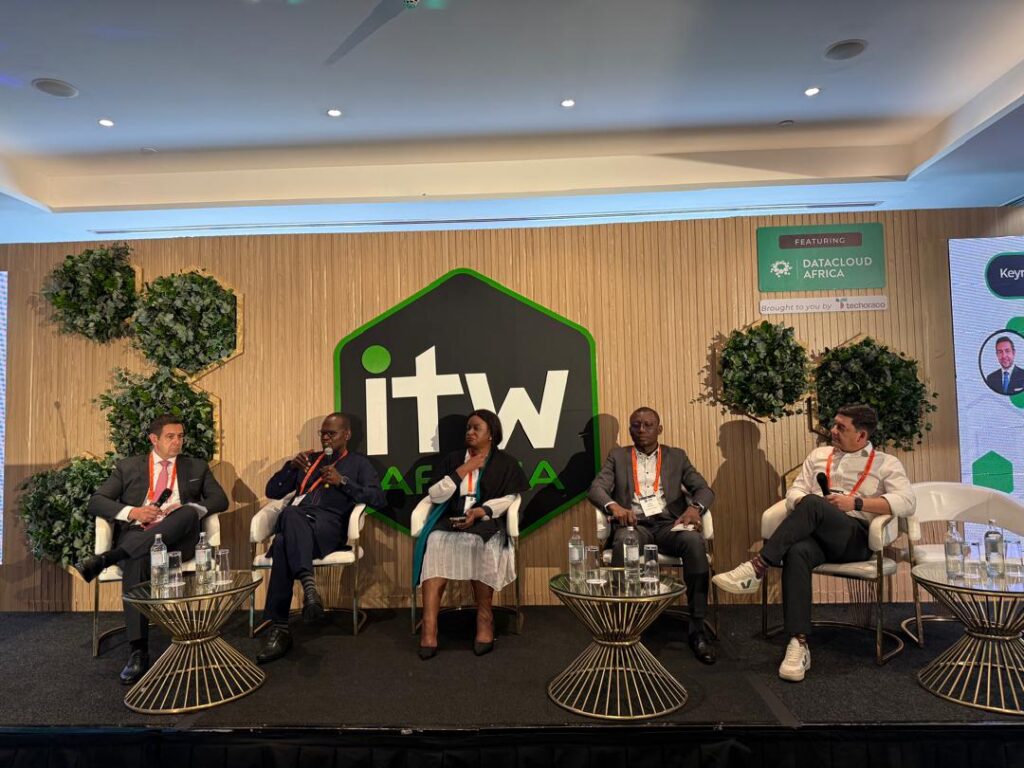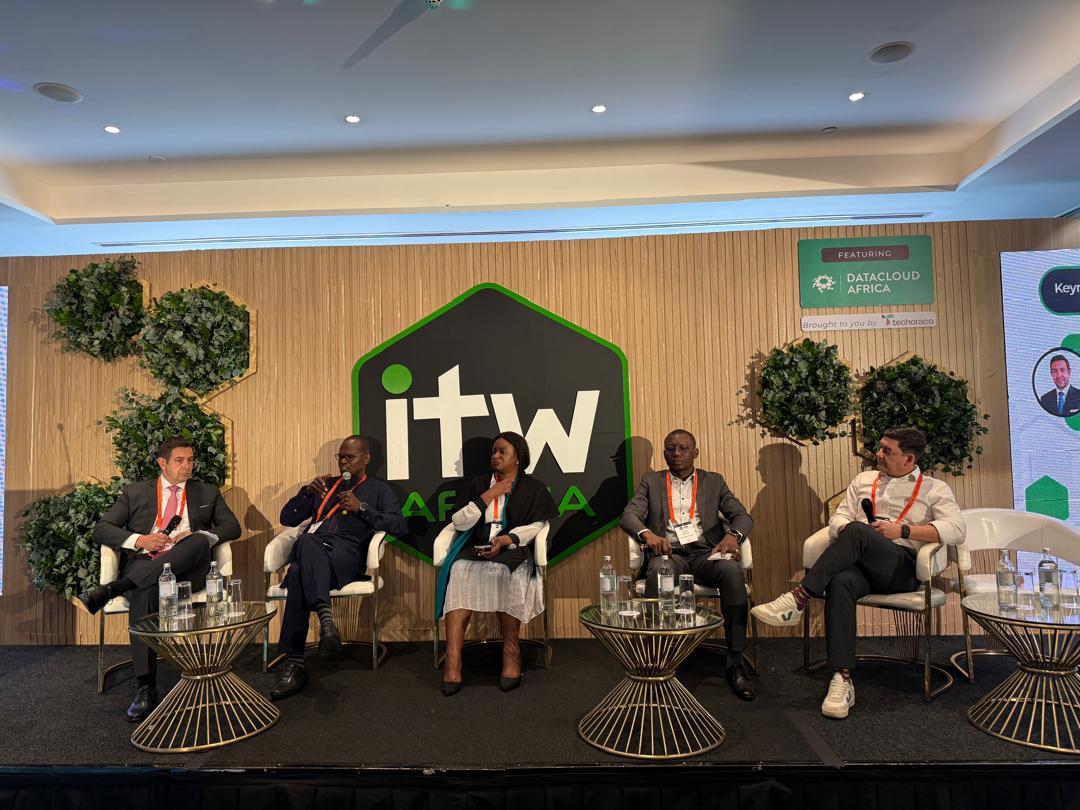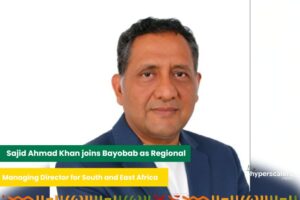At ITW Africa, taking place in Nairobi, Kenya, government officials, regulators, and industry leaders converged on a keynote panel titled “Harmonising Africa’s Digital Infrastructure Framework” to confront one of the continent’s most pressing challenges: how to align policy, regulation, and investment across fragmented markets.
Lee Perrin, Data Center MEA Director and Board Member of the CBRE and Africa Data Center Association, moderated the discussion. Other speakers include Ivan Skenderoski, Managing Partner & CEO, Salience; Fiona Asonga, Chief Executive Officer, TESPOK; (ADCA); Boris Ngosso, Director of Engineering and Projects, Silicone Connect, and John Omo, Secretary General, African Telecommunications Union
Ivan Skenderoski, Managing Partner & CEO, Salience, noted that despite billions being invested in subsea cables, towers, and data centers, the sector remains siloed. “Data centers are not collaborating. No one has cracked this issue of global skills. We need one African approach – local skills, experience, and theory adapted for Africa. If we crack it once, we can apply it across other countries,” he said.

Fiona Asonga, CEO of TESPOK, argued that success requires early coordination with regulators and infrastructure agencies. She highlighted TESPOK’s role in aligning stakeholders before any major build-outs in Kenya and pointed to the association’s work with Smart Africa and the African Digital Economy Blueprint, which has since been adopted at a continental level. “We don’t move without securing alignment,” she said, adding that TESPOK has also signed an MoU with the International Telecommunication Union to anchor cross-border policy frameworks.
From Central Africa, Boris Ngosso, Director of Engineering and Projects at Silicon Connect, described the vulnerabilities of countries reliant on a single submarine cable. “Partnership with government is critical when you only have one international lifeline,” he said, warning that resilience and redundancy remain thin in landlocked or underserved states.
John Omo, Secretary General of the African Telecommunications Union, acknowledged the political headwinds confronting harmonization. He argued that continental bodies such as the ATU must play a more assertive role in bridging divides between national regulators, operators, and political actors.
The panel left no doubt that the task ahead is complex. Yet its message was clear: harmonization is less about drafting new strategies and more about execution – anchoring projects in local skills, aligning with national priorities, and building frameworks that can scale regionally. For attendees, the session underscored both the urgency and the stakes. Without a coherent digital infrastructure framework, Africa risks a patchwork incapable of supporting the next phase of cloud adoption, AI, and digital trade. With it, the continent has the chance to leapfrog into a unified digital economy capable of competing on the global stage.
Ready to dive deeper into the hyperscale revolution impacting Africa?
READ MORE HERE: www.africa.hyperscalers.news
Contact Us:
Email: projects@hyperscalers.news
Phone: +2348109003350
Follow us on Social Media: Instagram, Facebook, LinkedIn, x





